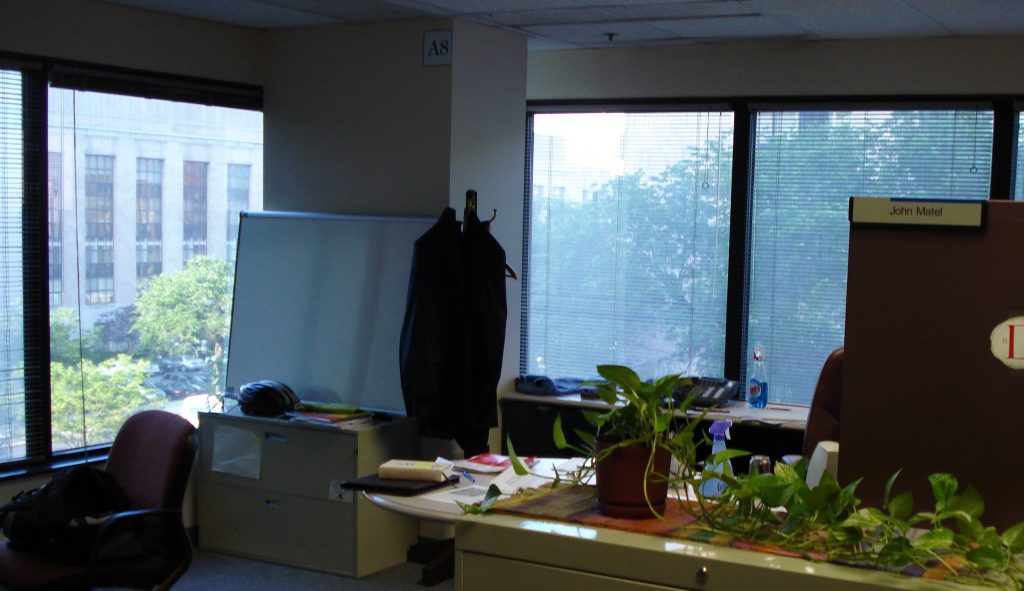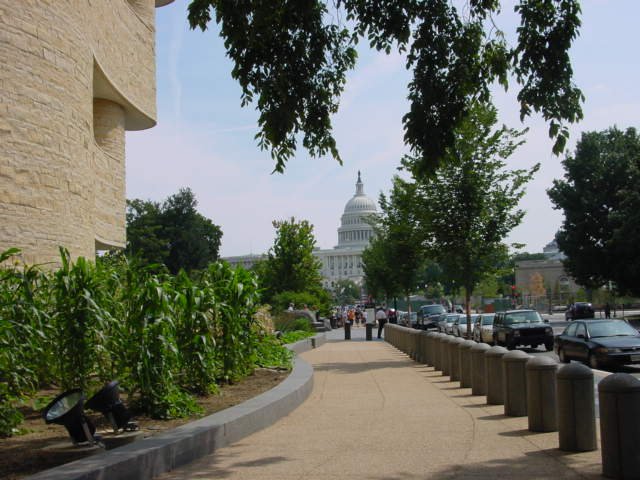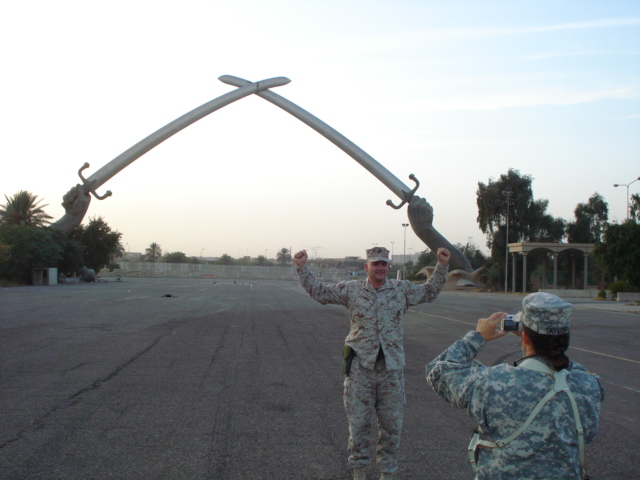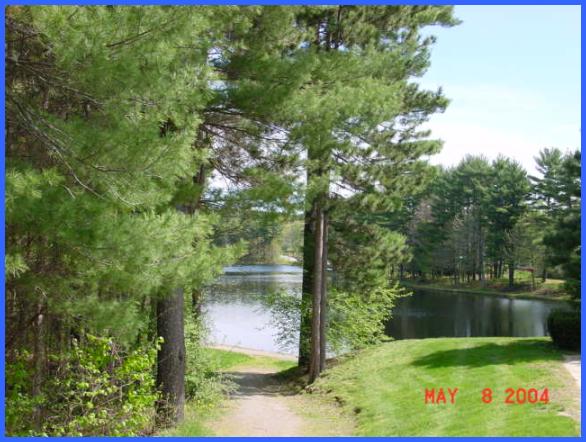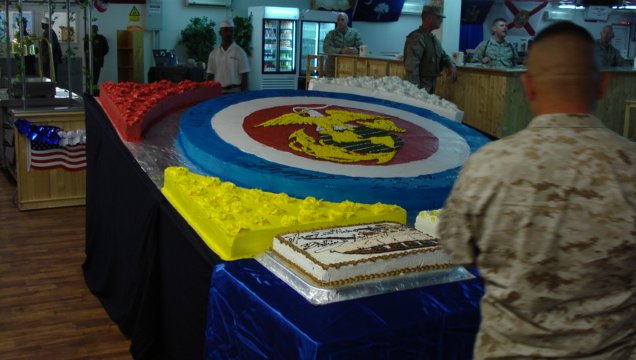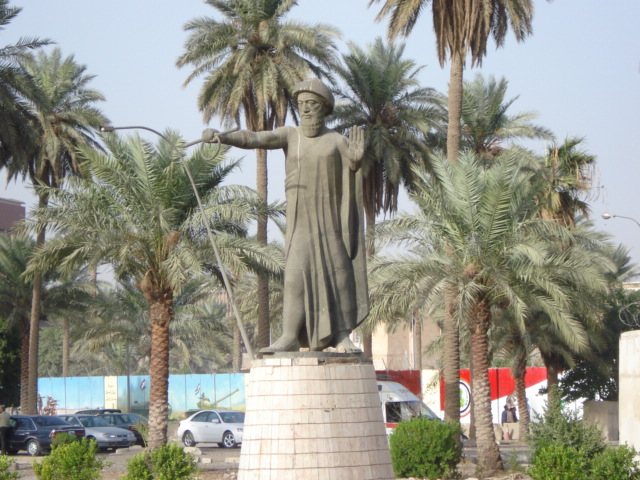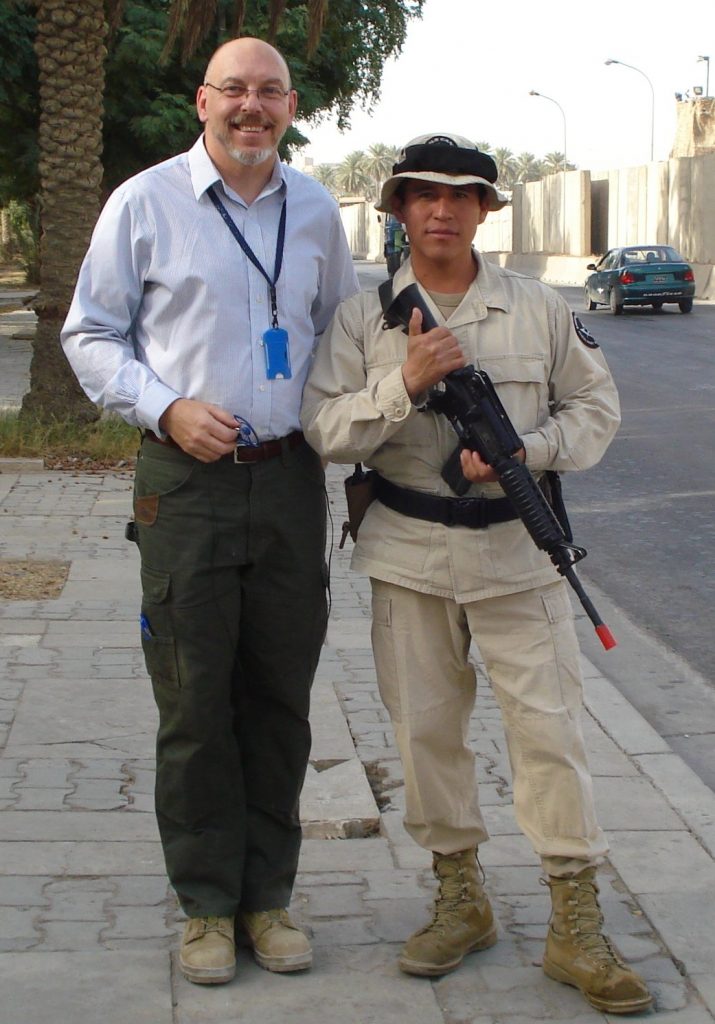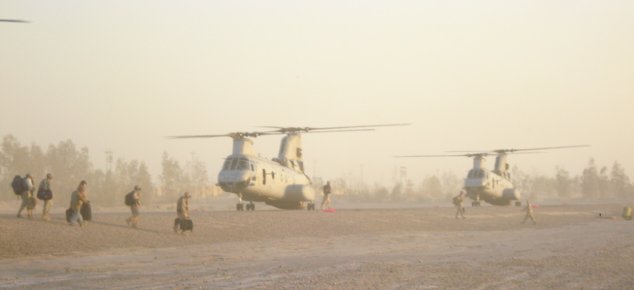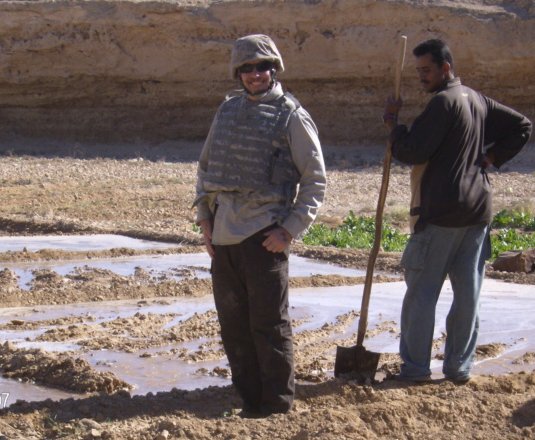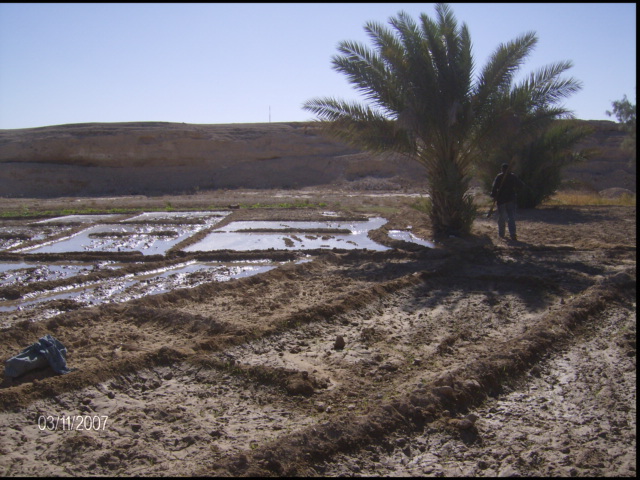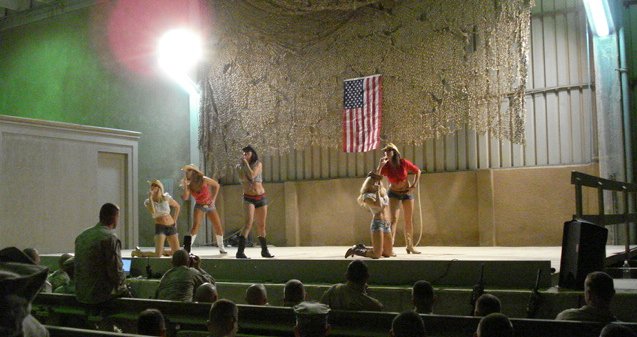
This old guy is walking down the street and sees a frog on the pavement. To his surprise, the frog speaks and says, “I am an enchanted princess. If you kiss me, you will break the spell and have a beautiful woman forever.” The old guy just puts the frog in his pocket and begins to walk along. The frog complains, “Maybe you didn’t hear me. I am a beautiful enchanted woman. If you kiss me, you will have me forever.” The old guy replies, “At this stage in my life, I figure a talking frog is more interesting.”
I went to see the Purrfect Angelez, pictured above, at a camp show in Al Qaim. They treated the assembled multitude to an impressive show of gymnastic flexibility, punctuated by less impressive singing. But it quickly got repetitive, not that it seemed to bother most of the Marines. I kept thinking about how hard some of those moves would be on a person’s back or knees and it was then I realized that I had been gradually but inexorably moving into the talking frog stage of life. I am not saying that I am not interested. The show was worth seeing, although perhaps not worth going to see. After about a half an hour of watching their vigorous gyrations and observing the enthusiastic response they got from the Marines, I shuffled back to my can to read my book. I noticed that my PRT colleagues, whose median age is 49, also did not stay much longer. That is no country for old men. No matter how much we want to pretend, interests develop and that is probably a good thing.
This is kind of a miscellaneous posting. Take a look at the picture below. Yes, it is two bottles of mayonnaise sitting in the sun. I do not know how long they were out there, but let me give you an additional piece of information: The Marines in Husaybah live with the Iraqi police and they usually prepare their own food.
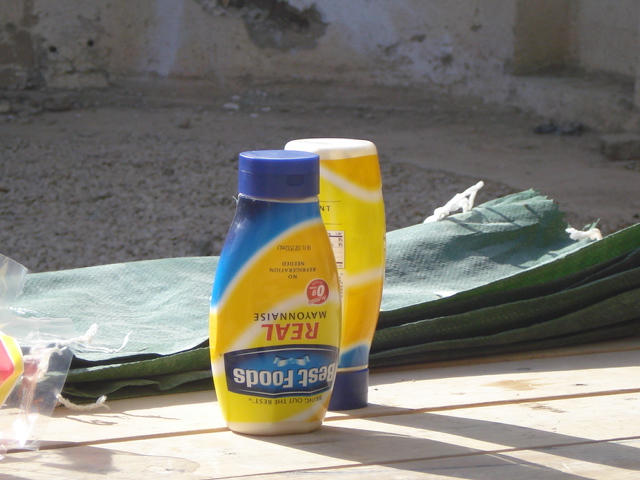
I was sitting out in the courtyard of the joint Marine-Iraqi Police building listening to the wind and contemplating the nature of things, when I notice the mayo. A short time later a couple of Marines came out and we got to talking about their living and working conditions. They generally liked the Iraqi police and they thought that the fact that they were integrated with the community and got more local food, different from the standard chow hall fare, was a good thing. It was a more authentic experience than eating the same meat loaf and red jell-o you get in all the chow halls in all the world. But one of them mentioned, off handedly, that stomach viruses were a bit of a problem among the guys. Ya think? Of course, if you leave it out long enough, I hear it turns into special sauce.
All this makes me think of that lesser known Yeats poem.

